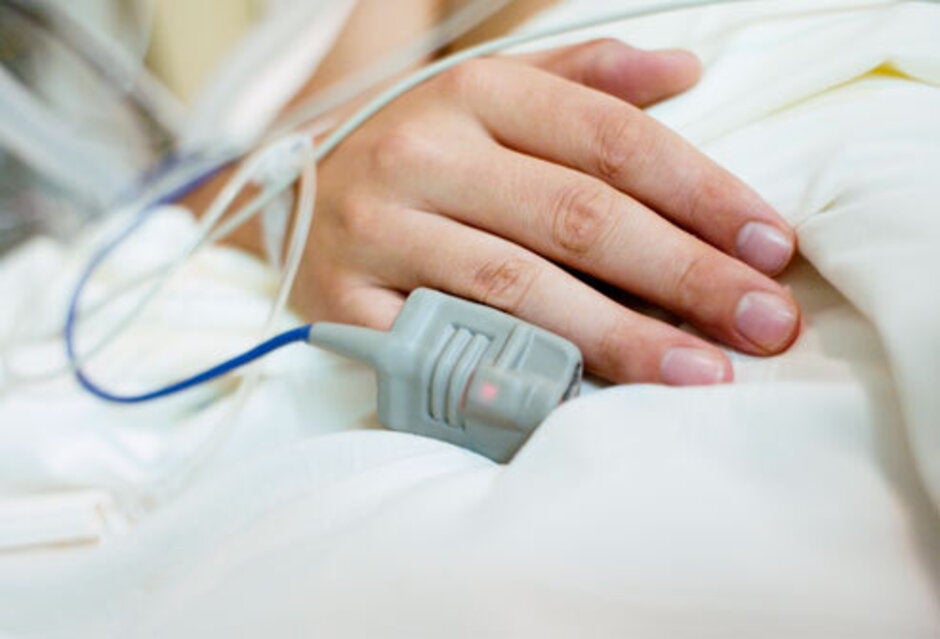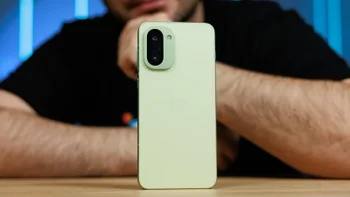Doctor's COVID-19 discovery could drive Apple Watch 6 sales

Today's New York Times has an interesting opinion piece written by an emergency room doctor by the name of Richard Levitan. The doctor believes that he has figured out a way to keep many patients off of the dreaded ventilator machine that does the breathing for them. 80% of those who are intubated and put on a ventilator don't survive.
In the course of working at the Bellevue, N.Y. Emergency Room, Dr. Levitan discovered that most coronavirus patients aren't transported to the hospital until pneumonia has already set in. Yet, many of these patients weren't complaining about any breathing issue even with X-rays showing that they have pneumonia and oxygen readings below normal. This "silent hypoxia" was causing oxygen deprivation; while normal oxygen saturation levels are 94% to 100%, the patients seen by the doctor had readings as low as 50% but were still talking on their phones showing "minimal distress."
The Apple Watch 6 could provide an early warning sign of COVID-19
By using a device called a pulse oximeter, people can track their oxygen saturation levels and when they drop below normal, it would be an early warning sign. He also said that anyone who tests positive should have a pulse oximeter as should those who tested negative but have symptoms such as a cough, chills, fatigue, and fever. And this is where the upcoming Apple Watch 6 comes in.

An example of a pulse oximeter used in a hospital
One of the new features rumored to be on the next generation of the world's most popular watch is a pulse oximeter. If we are still worrying about COVID-19 in the fall (as seems likely even if we aren't practicing social distancing by then), and the public starts monitoring their oxygen sat levels, demand for the Apple Watch 6 could get a big boost. Besides providing users with an early warning about COVID-19, the pulse oximeter can give someone an early warning about possible cardiac or respiratory arrest. A reading under 80% could also indicate that a heart or brain problem is imminent. Back in March, just as the coronavirus was about to lock down the entire world, "snippets" of code from an early version of iOS 14 revealed that the next Apple Watch will be equipped with a pulse oximeter.
Besides a pulse oximeter, the Apple Watch 6 is expected to come with a native sleep tracking app. This is a feature that many have been hoping to see Apple bring to its timepiece although it is available from a third-party app. Another health-related feature that could be coming to a future version of the wearable would allow the device to determine whether the user was suffering a panic attack. The watch would then suggest breathing exercises that might help relax the user. While this might not be ready in time for the Apple Watch 6, the latter will reportedly include new and improved sensors and support for the faster Wi-Fi 6 standard.`
The Apple Watch has been a big hit for Apple and its health-related features have saved some lives. The heart rate monitor has warned users when their heart was beating too fast, sending them to the ER where a life-threatening issue was discovered. Apple added an electrocardiogram (ECG) to the Apple Watch 4, and this feature monitors the user's heart rhythm looking for an abnormal heart rhythm that could be a sign of Atrial fibrillation or AFib. This is a condition that can lead to blood clots, stroke, and heart failure. Yes, the ECG has also saved lives.
The fall detector on the Apple Watch also has helped keep people from dying. When the watch detects a hard fall, it will allow the user to call emergency services. If the watch owner is knocked unconscious, the watch will call emergency services on its own and give them the location where the incident took place. It also will text the user's contacts with the same information.
If the Apple Watch 6 adds a pulse oximeter as expected, it could help generate huge demand for Apple's next smartwatch. Still, we do need to point out that pulse oximeters are available online for $40 to as high as $200. The advantage to having it on the Apple Watch is that you could get a reading wherever you are without having to carry the meter in your pocket everywhere you go.
Follow us on Google News














Things that are NOT allowed:
To help keep our community safe and free from spam, we apply temporary limits to newly created accounts: